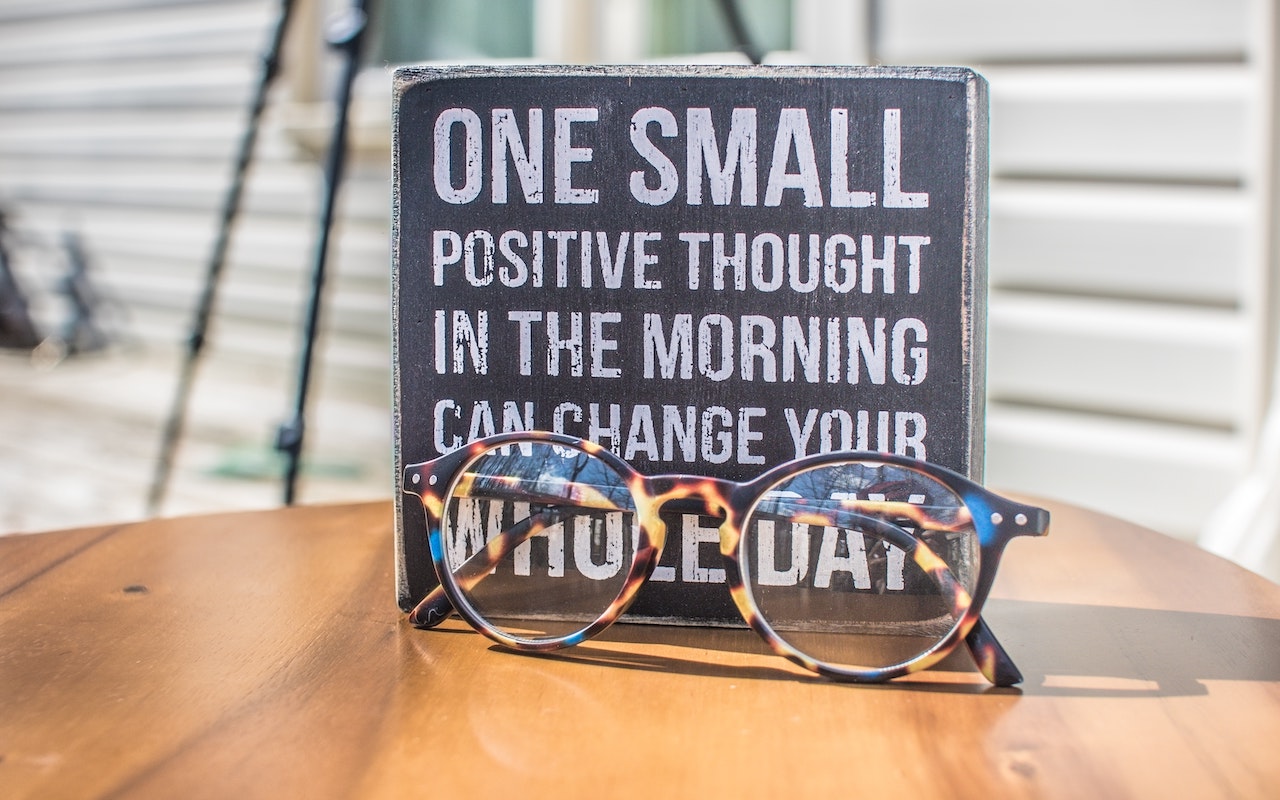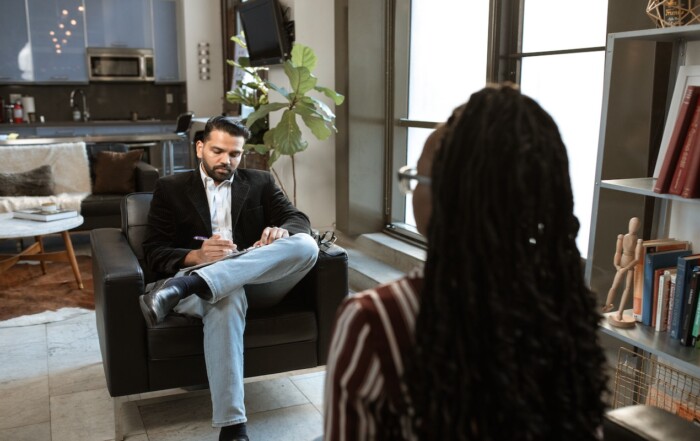College Admissions Tips and Guidance
The Power of Positive Psychology in Navigating The College Process

Explore Our Articles
Recent Posts
Popular Categories
Get In Touch
On Social
By Phone or Text
(617) 734-3700
By Mail or Email
1678 Beacon Street
Brookline, MA 02445
By Form
Educational Advocates
Our objective is to guide the family in finding options where the student will not only get admitted, but thrive and find success once on campus.
The Power of Positive Psychology in Navigating The College Process
While the college application process is an exciting time in a student and family’s life, there is no question that it also can bring on a great deal of stress. Students find themselves in the driver’s seat of one of the biggest decisions thus far in their young lives. Parents worry about the cost of college and the caliber of education their child may receive, amongst other things. And while this stress is completely normal, it is important to find healthy and productive ways to cope. Positive psychology can help.

Keeping a daily gratitude journal is one way to practice positive psychology.
Positive psychology, an increasingly popular field of study developed by psychologist Dr. Martin Seligman in 1989, provides a framework to navigate challenging times. Put simply, it is the study of “what makes life worth living” and “how to be your best self.” It focuses in on what enables communities and individuals to thrive and how to capitalize on our own character strengths. Positive psychology views humans as active agents of change in their own lives, rather than passive onlookers.
As both a student and teacher of positive psychology, I have seen firsthand how impactful the curriculum and tenets can be on my own life and the lives of my students. So how exactly can the pillars of positive psychology help high school students to navigate the stress that often accompanies the college process?
- Pillar 1: Positive Subjective Experiences (happiness, gratification, fulfillment): As you move through high school, ask yourself where are the moments I find joy? Where do I find myself in a “flow” state where I completely lose track of time? It could be during your soccer game, writing a paper, debating in the classroom, volunteering, etc. PAY ATTENTION to those moments.
- Pillar 2: Positive Individual Traits (strengths of character, talents, interests, values): Ask yourself where do I shine/what am I good at? Now is not the time to be humble. It could be as simple as, I am a people person and am effective at navigating difficult conversations or I am persistent and push through hard things. Also ask yourself, what are my values and the things I care about most?
- Pillar 3: Positive Institutions (schools, families, business, communities, societies): Who and what are the people and institutions that are facilitating my growth and supporting me? Who are the teachers and mentors in my life that I can look to?
For students (or parents) looking to learn more about positive psychology or try out some exercises here are a few helpful resources:
- Yale Professor Laurie Santos’s course “Psychology and the Good Life” is the most popular course in Yale’s history and is now being offered free through Coursera.
- Santos’s The Happiness Lab podcast (which has garnered millions of followers) and newsletter.
- University of Pennsylvania’s Positive Psychology Center.
- Recommended reading:
- Grit: The Power of Passion and Perseverance by Angela Duckworth
- Authentic Happiness by Martin Seligman (or one of his 25 other books)
- Flow: The Psychology of Optimal Experience by Mihaly Csikszentmihalyi
- The How of Happiness by Sonja Lyubomirsky
- Stumbling on Happiness by Daniel Gilbert
- The Book of Joy by 14th Dalai Lama, Desmond Tutu, and Douglas Abrams
- Recommended viewing:
- Happy (2011 film)
- The Mindfulness Movement (2020 film)
- The Mind, Explained (2019 Netflix series)
- Meditation apps
- Headspace or Calm (student discounts)
- Exercises to try:
- Gratitude Journal–keep track of three good things that happen each day
- Write a gratitude letter–consider addressing it to your parents or someone who has made a difference in your college process
- Take the VIA character strengths survey.
Sources:
Magyar-Moe, J., Owens, R., Conoley, C., Scheel, M., Buki, L., & Sheldon, K. (2015). Positive Psychological Interventions in Counseling: What Every Counseling Psychologist Should KnowΨ. The Counseling Psychologist, 43(4), 508-557.
Penn Arts and Sciences: Positive Psychology Center-Martin Seligman Biography
Peterson, C. (2006). A primer in positive psychology. Oxford ; New York: Oxford University Press.
Seligman, M., Csikszentmihalyi, M., & Fowler, Raymond D. (2000). Positive Psychology. American Psychologist, 55(1), 5-14.
Wikipedia contributors. (2021, March 10). Positive psychology. In Wikipedia, The Free Encyclopedia. Retrieved 22:22, March 14, 2021, from Positive psychology.








